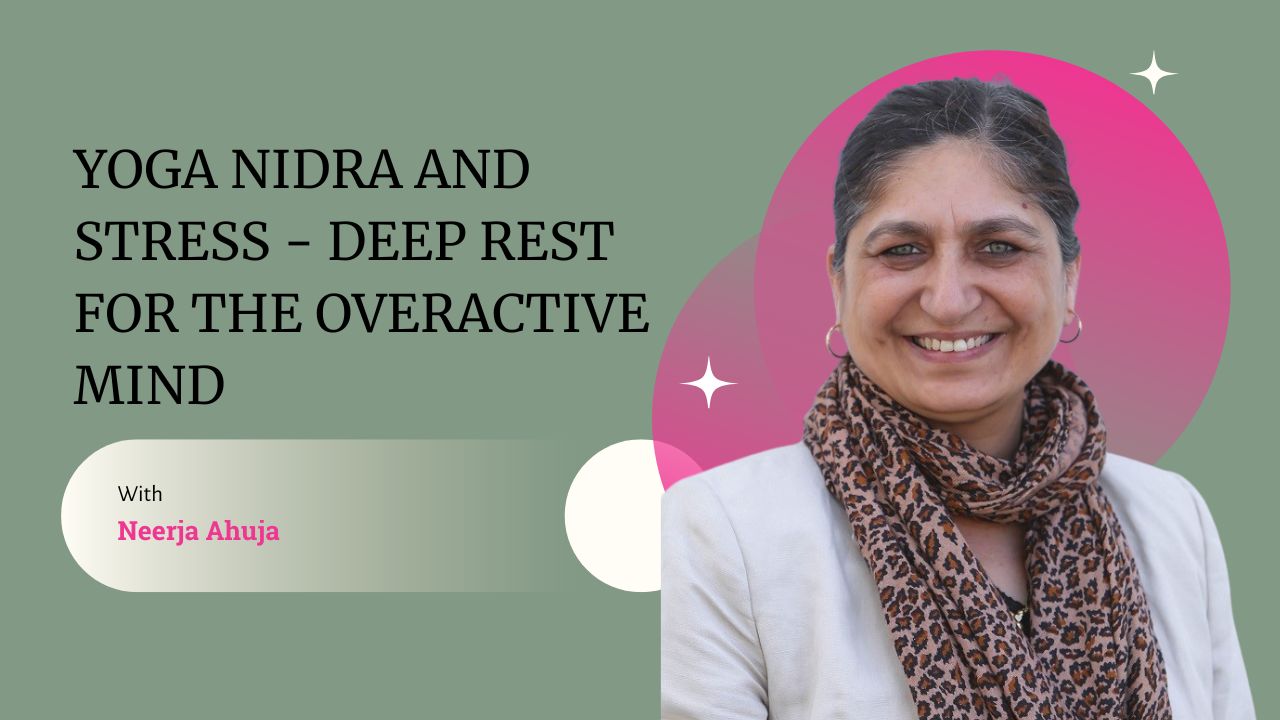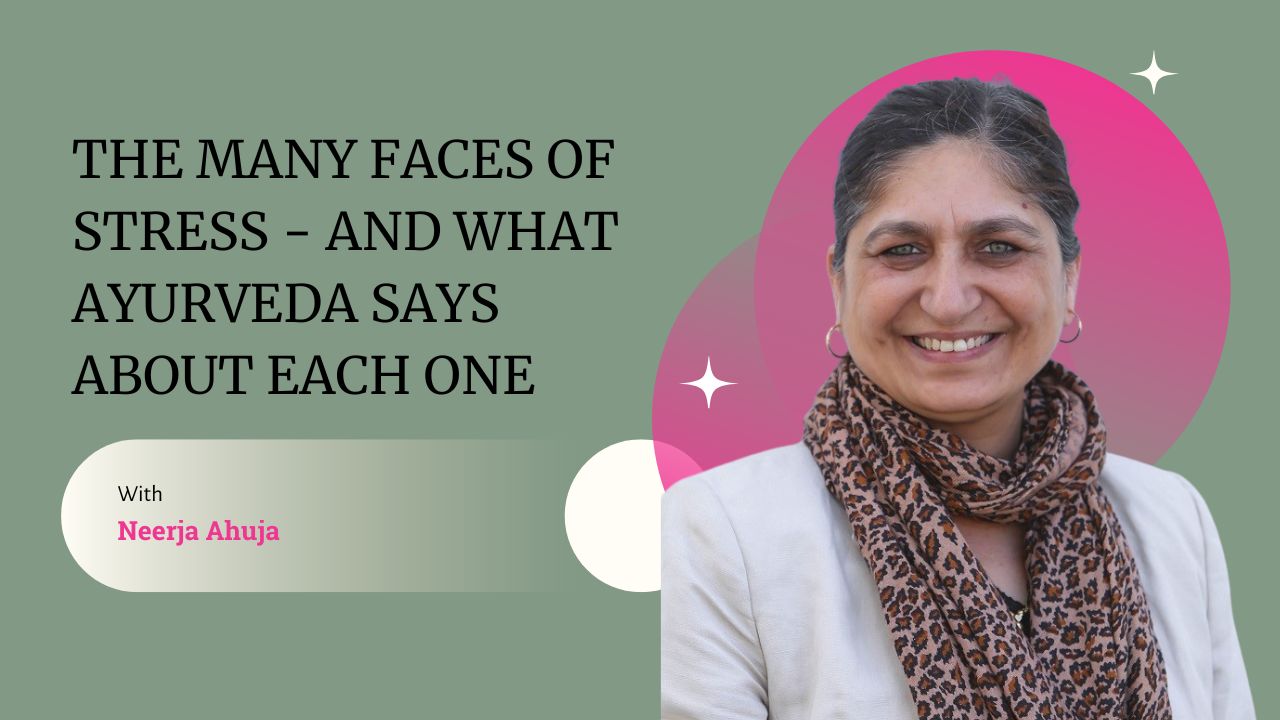An Introduction To Ayurvedic Practice
Ayurveda, one of the ancient Indian systems of medicine, has recently gained immense popularity for its holistic approach to health and wellness. Ayurveda focuses on balancing the body, mind, and spirit through a combination of natural remedies, lifestyle modifications, and dietary changes.
We will delve into the world of Ayurveda and explore some of the most effective Ayurvedic practices that can help achieve optimal health and well-being. From explaining the different qualities & attributes of Ayurveda and understanding the doshas to yoga and meditation, we will cover a range of Ayurvedic practices that can help you lead a more balanced and fulfilling life. So, this benefits health practitioners, including yoga instructors, medical doctors, natural health practitioners, and anyone interested in learning about Ayurveda. Join us while we explore the world of Ayurveda, its benefits and how it incorporates into this modern world.
Ayurveda – A Holistic Approach To Mind, Body & Spirit
Ayurveda, one of the world’s most ancient medical systems, is based on the principle that health depends upon a balance between the mind, body and spirit. Ayurveda provides a holistic approach to wellness by considering our physical but also our mental, social and spiritual needs.
Ayurveda translates as “science of life” or “knowledge of life.” It originated in India over 5,000 years ago. It was developed by ancient Indian physicians who believed that health was dependent on maintaining a balance between three fundamental energies: Vata (air), Pitta (fire) and Kapha (water).
“Ayurveda” means the science of life or knowledge of life. Ayurvedic medicine has been used for thousands of years to promote physical and mental well-being by incorporating natural methods such as diet, exercise, herbs and meditation into daily routines.

Ayurvedic practice is rooted in ancient Indian texts and teachings. The Ayurvedic tradition emphasises the importance of achieving balance and harmony in all life features, including physical, mental, and spiritual health. The concepts of Vedas, Doshas, Samhita, Pragya Aparadha, and Chitta Suddhi Yoga are also relevant to Ayurvedic practice.
Samhita relates to Ayurveda through the ancient texts and teachings that form the foundation of Ayurvedic philosophy and practice. The main text of Ayurveda, the Charaka Samhita, outlines the principles of Ayurvedic medicine and emphasises the importance of maintaining balance in the body and mind.
Pragya Aparadha is also relevant to Ayurvedic practice because it acknowledges the mind and emotions’ role in overall health. In Ayurveda, negative emotions such as fear, anger, and worry are believed to disrupt the balance of the doshas or bodily energies and can lead to physical and mental imbalances. Thus, recognising and correcting mistakes in our thoughts and behaviours is essential for optimal health.
Chitta Suddhi Yoga is also related to Ayurvedic practice because it emphasises the importance of purifying the mind and heart. Ayurvedic treatments such as meditation, pranayama, and self-reflection can help to calm the mind, reduce stress, and improve mental clarity. “Chitta” refers to the mind, and “Suddhi” means purity or cleanliness. This practice involves various techniques, including asana (yoga postures), pranayama (breathing exercises), meditation, and self-reflection.
By purifying the mind and heart, we can remove obstacles to spiritual progress and achieve inner peace and clarity. In addition, Ayurvedic dietary and lifestyle practices can also support the purification of the body and mind, which is essential for overall health and well-being.
PPPM Model of Health
The PPPM healthcare model is a contemporary, Western approach that combines predictive, preventive, personalised, and participatory medicine. The central objective of this model is to shift the focus from treating diseases to preventing them by identifying an individual’s risk of developing a particular health condition or disease based on their genetic, environmental, and lifestyle factors—advanced technologies such as genomics, proteomics, and metabolomics aid healthcare providers in this shift.

The PPPM model was conceptualised in the early 2000s, with the rise of genetics and other advanced technologies that made personalised medicine achievable. In 2009, Leroy Hood, an American biologist and the founder of the Institute for Systems Biology, introduced the term “PPPM” to describe the healthcare paradigm that integrated predictive, preventive, and personalised medicine (PPPM)
While PPPM is a modern approach, it shares many similarities with the Ayurvedic traditional healthcare system, which also focuses on preventative care, personalised treatment, and holistic wellness.
While Ayurveda and the PPPM model of health have several differences, they share some common principles and objectives. Both place a strong emphasis on preventive medicine and patient engagement in healthcare. Additionally, both recognise the importance of personalised healthcare, tailoring treatments to each patient’s specific needs.
The holistic approach to health and well-being central to Ayurveda aligns with the PPPM model’s focus on holistic healthcare. Both practices recognise that health is a complete condition of physical, mental, and social well-being and not the absence of disease.
The PPPM model of health is a modern, Western approach that utilises advanced technologies to predict and prevent disease. At the same time, Ayurveda is a traditional, holistic system of medicine that emphasises individualised care and the interconnectedness of all things. Nevertheless, Ayurveda’s emphasis on personalised care, preventive healthcare, and the interconnectedness of everything aligns with the PPPM model’s objectives. Ayurvedic principles may contribute to developing personalised treatment plans by considering an individual’s unique genetic makeup (prakruti or mind-body type), lifestyle, and environment.
Takeaway
Ayurveda is a comprehensive system of medicine with a history dating back thousands of years. The PPPM model of health is a modern, Western approach that uses advanced technologies to predict an individual’s risk of developing disease and create personalised treatment plans, preventive medicine and patient engagement. Incorporating Ayurvedic principles into modern healthcare can result in more personalised and effective treatment plans tailored to the specific needs of each individual.
At Ayurveda Awareness Centre, we believe that our minds and bodies require nourishment and proper foods. So, begin enhancing your diet with Ayurveda by following our courses “Foundation Training in Clinical Ayurveda (FTCA)” and “Ayurveda Appreciation Program”, and you’ll understand the significant health benefits of certain foods.
- This Foundation Training in Clinical Ayurveda (FTCA) program educates on the knowledge and skills required to look after one’s health & family’s well-being by integrating Ayurvedic practices into daily life and achieving a balance of wellness in all aspects of life. The course is a hybrid program, Online Live and self-study, with 350 learning hours + 7 two – days of the intensive session, starting from MAY 2023.
This course benefits health practitioners, including yoga instructors, medical doctors, natural health practitioners, and anyone interested in learning about Ayurveda.
Take a first step towards enhancing your skills in this field and learn Ayurvedic principles to refine your life.
To know more about our course, click here
- The “Ayurveda Appreciation Program” is a beginner-level program to learn and understand the basic fundamental concepts of Ayurveda. It is suitable for other health practitioners, including yoga instructors, medical doctors, natural health practitioners, and naturopathy students. The course lasts about 30 hours, with 9-10 weeks, an Online Live Program.
You can connect, learn, and discuss more here online. If you want to join the sessions with AAC, you can start small, take one step at a time, and build a lifelong relationship with us.
To know more about our course, visit All Products – Ayurveda Awareness (thinkific.com)



